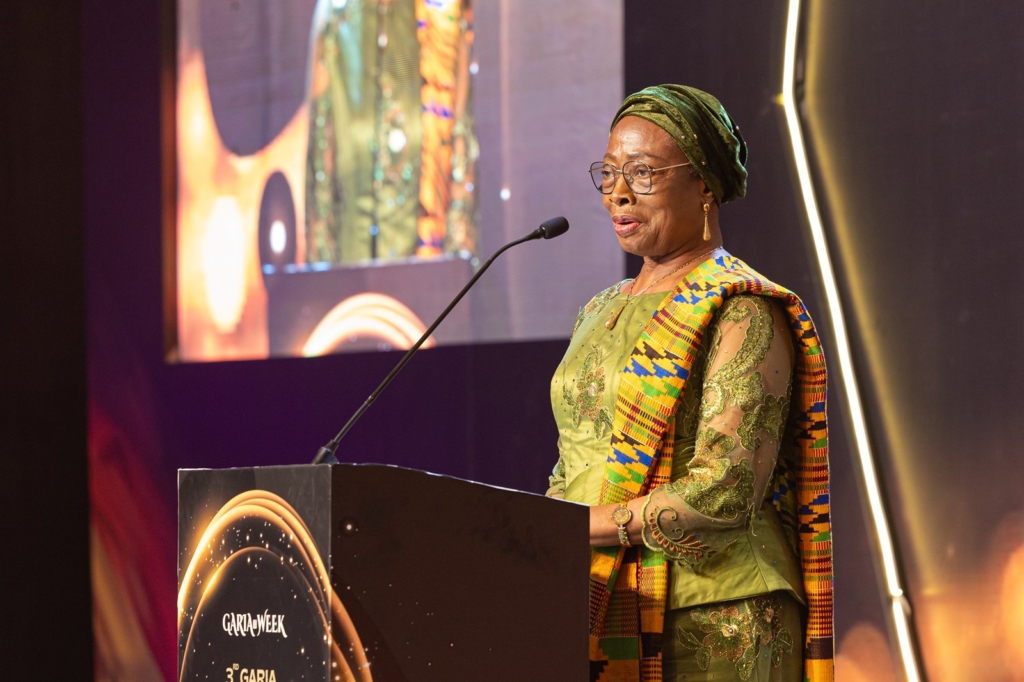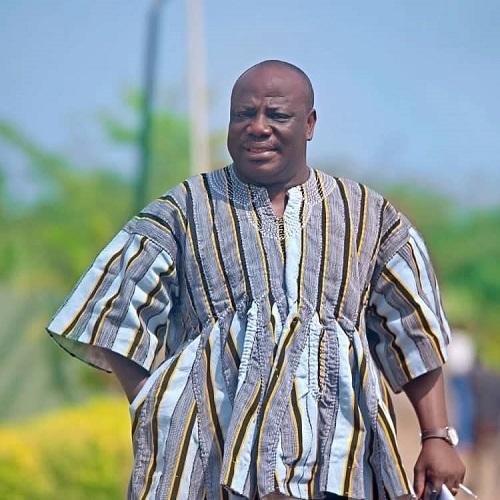News
Constitution’s impeachment provisions for Chief Justice are ‘inadequate’, says Sophia Akuffo

Former Chief Justice Sophia Akuffo has called into question the adequacy of constitutional provisions for the impeachment of the Chief Justice.
Speaking on Joy News’ PM Express on Tuesday, January 7, she offered a nuanced critique of the process while responding to recent calls by legal scholar Professor Kweku Asare for the removal of the Chief Justice.
She emphasized the importance of due process and highlighted gaps in the current framework, noting that impeachment is a serious and complex procedure that must be anchored in robust constitutional guidelines.
“Impeachment Is Not Simple Removal”
When asked about Professor Asare’s demand for the Chief Justice’s removal in the waning days of President Akufo-Addo’s tenure, Madam Akuffo was direct.
“What has she done? Has she committed any offence of misconduct? Well, that needs to be proven. You don’t just get up and impeach,” she stated.
Clarifying the distinction between “removal” and “impeachment,” Sophia Akuffo noted that the latter involves a detailed constitutional process.
“Let’s not even use the word ‘removal,’ because before you reach removal, you’re going to go through an impeachment process, which must follow the dictates of the Constitution,” she explained.

“Constitutional Provisions Are Inadequate”
Akuffo expressed concern that Ghana’s Constitution falls short of providing a robust framework for impeaching a Chief Justice or other high-ranking officials.
“Personally, I don’t think the provisions of the Constitution are adequate for the purpose of impeachment of anybody,” she remarked.
She elaborated on the procedural shortcomings, pointing out that the current arrangement places significant power in the hands of the President and the Council of State.
“In the current arrangement, you petition the President, and in the case of the Chief Justice, the matter is referred to the Council of State, which has to go through certain processes,” she said.
The Role of Due Process
Akuffo underscored the importance of adhering to due process in impeachment cases.
“It’s not just a question of, ‘I want to remove this person,’ and then he goes to the Council of State, and then the Council of State comes back and says, ‘Yeah, we agree with you. Go ahead and do it.’ There has to be due process,” she emphasized.
According to Akuffo, due process involves more than simply filing a petition.
“The petition must set out some reason. That’s part of what due process is all about,” she explained, adding that even in lower courts, there are structured processes that must be followed.
Calls for Constitutional Reform
While Akuffo admitted she had not followed the specifics of Professor Asare’s call, she expressed scepticism about whether sufficient justification had been provided.
“I’m yet to know what the justifications are that the petitioner has even for asking the removal of the Chief Justice. It’s not that easy, even under the Constitution as it is now,” she stated.
Hot!
Minority opposes proposed Telecel-AT merger, describes deal as ‘Unconscionable’

The Minority in Parliament has strongly objected to any planned merger or partnership between the government and Telecel, describing the deal as “technically, operationally, and financially unconscionable.”
Ranking Member on the Communications Committee, Matthew Nyindam, raised the concern during a media briefing in Parliament.
He questioned why both the Minister of Communications and Telecel would publicly announce a merger and then suddenly go silent on the matter.
“We object to any deal with Telecel by way of merger, absorption, or acquisition. This is a scheme to dispose of a national asset to fill private pockets,” Mr. Nyindam stated.
He argued that Telecel has not demonstrated any special technical or operational expertise that staff and management of AT (formerly AirtelTigo) do not already possess.
According to him, Telecel had earlier promised to invest $500 million after acquiring Vodafone Ghana but failed to do so, a situation he fears could repeat itself if the government allows another deal.
Mr. Nyindam claimed that Telecel was already indebted to the tune of $400 million, adding that the company only seeks to benefit from AT’s over three million customers to expand its own base without making any real investment.
“The government must not surrender the capacity of a state-owned company to a private entity through majority ownership. There is no clear plan to protect the jobs and livelihoods of thousands of workers,” he stressed.
The Minority Caucus is therefore calling on the government to halt any discussions or agreements with Telecel regarding the proposed merger, insisting that the deal is not in the national interest.
News
Bryan Acheampong proposes 90-Day ban on Galamsey during campaign tour

Flagbearer hopeful of the New Patriotic Party (NPP), Bryan Acheampong, has called for an emergency 90-day suspension of all forms of mining in Ghana to help restore polluted rivers and water bodies.
He made the call during his campaign tour, where he engaged party members and residents on issues of national concern, including security, the environment, and responsible mining.
Mr Acheampong explained that the temporary ban should take place during the rainy season to allow the environment to recover naturally while the nation rethinks its mining practices.
“Let’s clear our water bodies and engage on how we can go back to mining. I’m not talking about a state of emergency, but mining, regardless of where, should stop now for the next 90 days,” he said.
He warned that illegal mining, popularly known as galamsey, continues to poison food sources and destroy farmlands, posing a major threat to public health and food security.
“If our food systems are being poisoned and we just look on because we prefer to make money, our people will not be around in a very short time to address the situation,” he cautioned.
Mr Acheampong urged government, miners, and local leaders to use the proposed 90-day period to develop a sustainable framework for responsible mining that protects both livelihoods and the environment.
By: Jacob Aggrey














